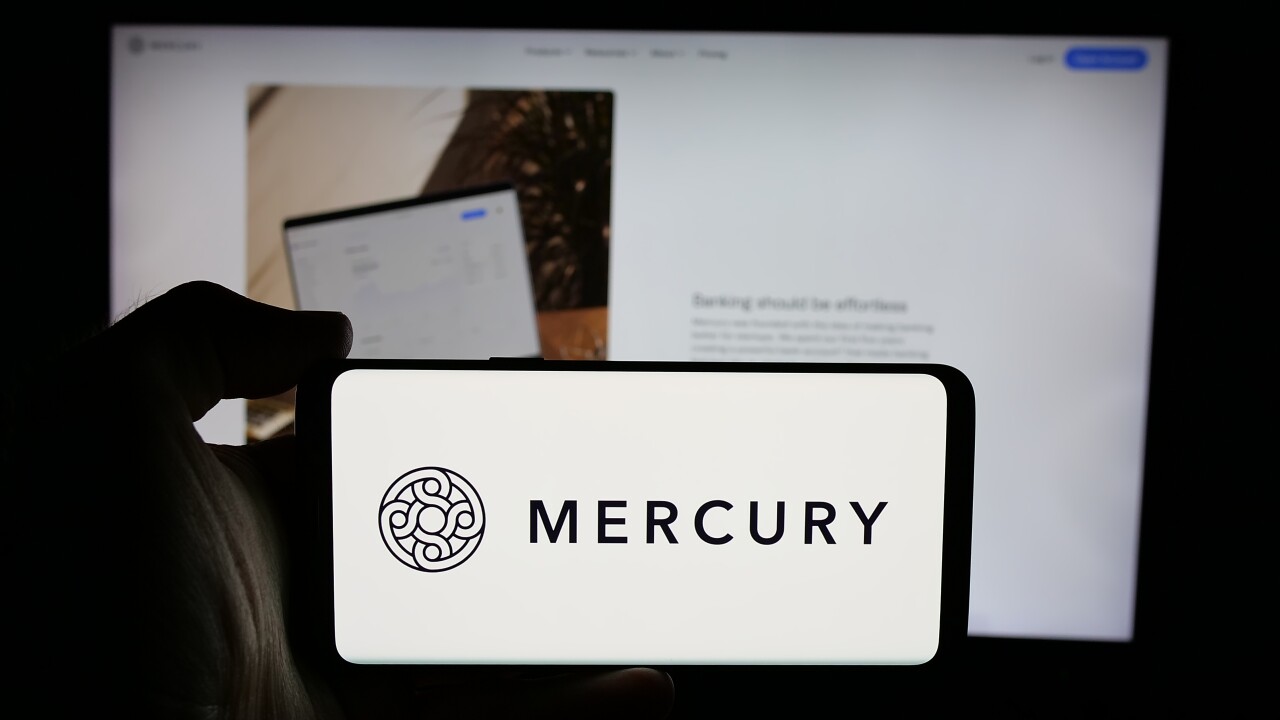The payment and e-commerce brands that have poured billions of dollars into India may not get the payoff they were expecting.
Four groups of tech and payment firms are competing for the first licenses the
The companies that win licenses would gain control over enrollment and leverage in negotiations for payment partnerships, such as integrations with companies without the proper licenses.
India is working to set up new umbrella entities (NUEs), which will process and settle retail payments domestically, operate ATM networks, sell white-label point of sale systems, offer payment services tied to India's national ID system, and process remittances. License holders, which will likely be a coalition of companies, will be responsible for risk management but will be able to directly enroll users and collect fees.

There are at least four groups vying for licenses, according to
Amazon, Visa and Indian banks ICICI and Axis are one group; Facebook, Google and Reliance Industries are another. A third group includes local Indian firm Paytm, which is backed by Softbank; and ride-sharing company Ola plus a group of fintechs.
A fourth group comprises Tata Group, Mastercard, Bharti Airtel and Indian banks Kotak Mahindra and HDFC Bank. The presence of a telco could enable mobile money apps, which have been successful for years in bringing new people into the financial system.
"Mobile money is an economic game changer in developing markets, as shown in the radical restructuring of commerce and payments in Kenya, Zimbabwe and Ghana, among others," said Thad Peterson, a senior analyst at Aite Group. "Moving from cash to mobile digital payments makes commerce safer and enables remote transactions that can’t easily be done with cash."
The stakes are high for many of these companies, which have pledged billions of dollars in investments to set up markets in India, which is a greenfield in a variety of ways.
UPI transaction volume grew
Yet India has upside, since there's still a high amount of
Mastercard for years has
Despite regulatory pushback against crypto, Facebook has invested nearly $6 billion in
By granting licenses, India maintains control over how outside firms access its domestic market.
While not as restrictive as
But
Competition would force UPI to innovate and would introduce more payment options for Indian consumers and merchants.
"The bank-run UPI has accelerated digital commerce activity and adding a strong competitor or two will help to keep the space competitive, encourage innovation and continue to drive adoption," Peterson said, adding it will be vital to ensure the umbrella firms and the government systems can work together. "It’s great to have strong competition but after the new players achieve scale, the ability to send funds from one platform to another will be critical for the next stage of growth in India."





